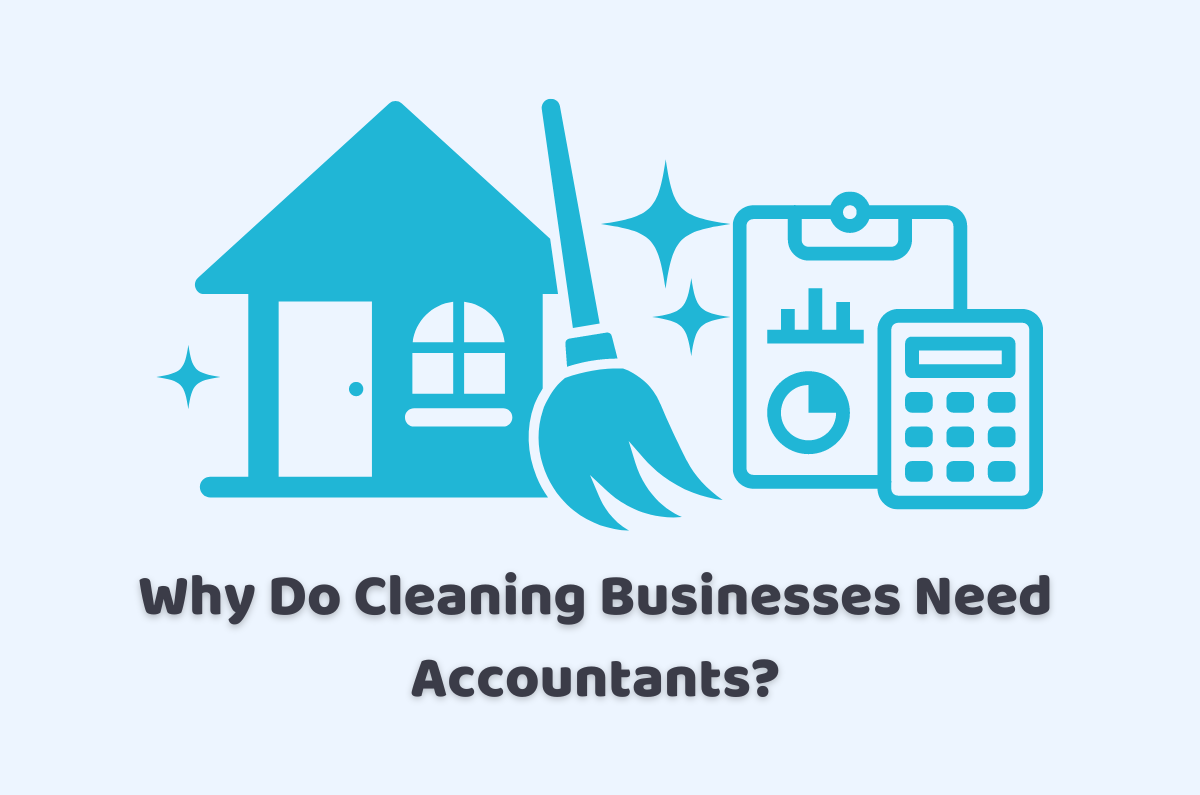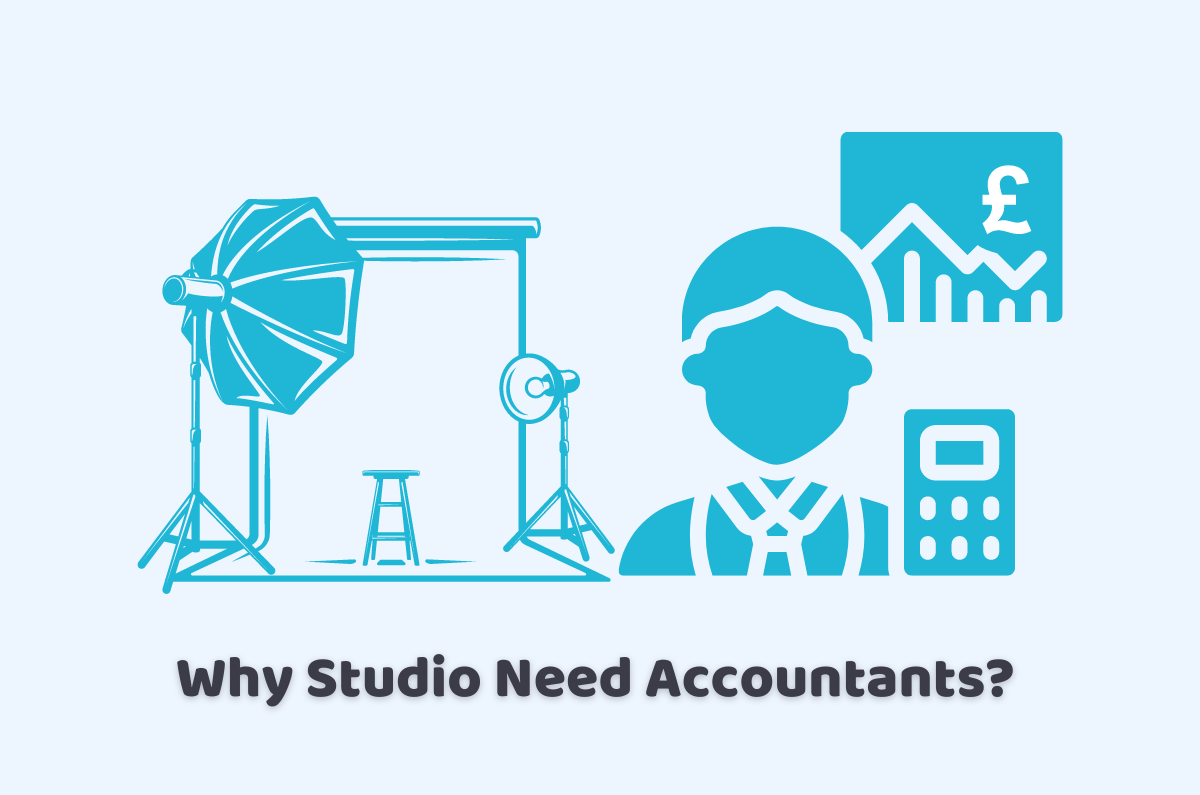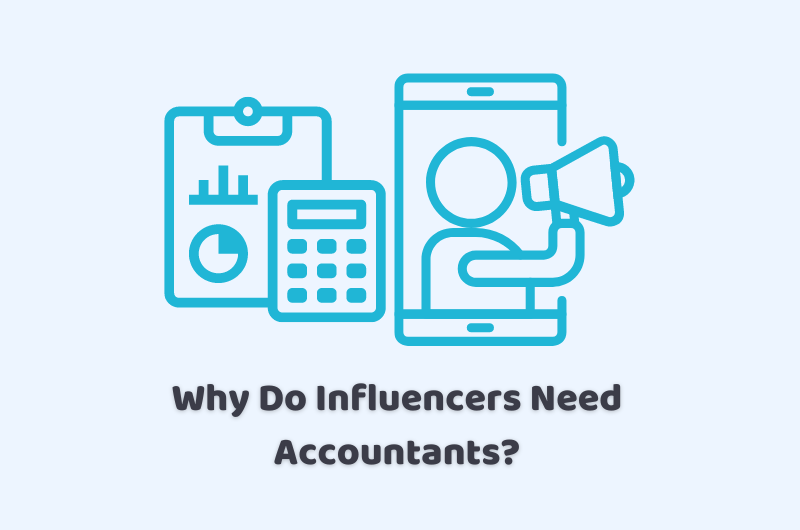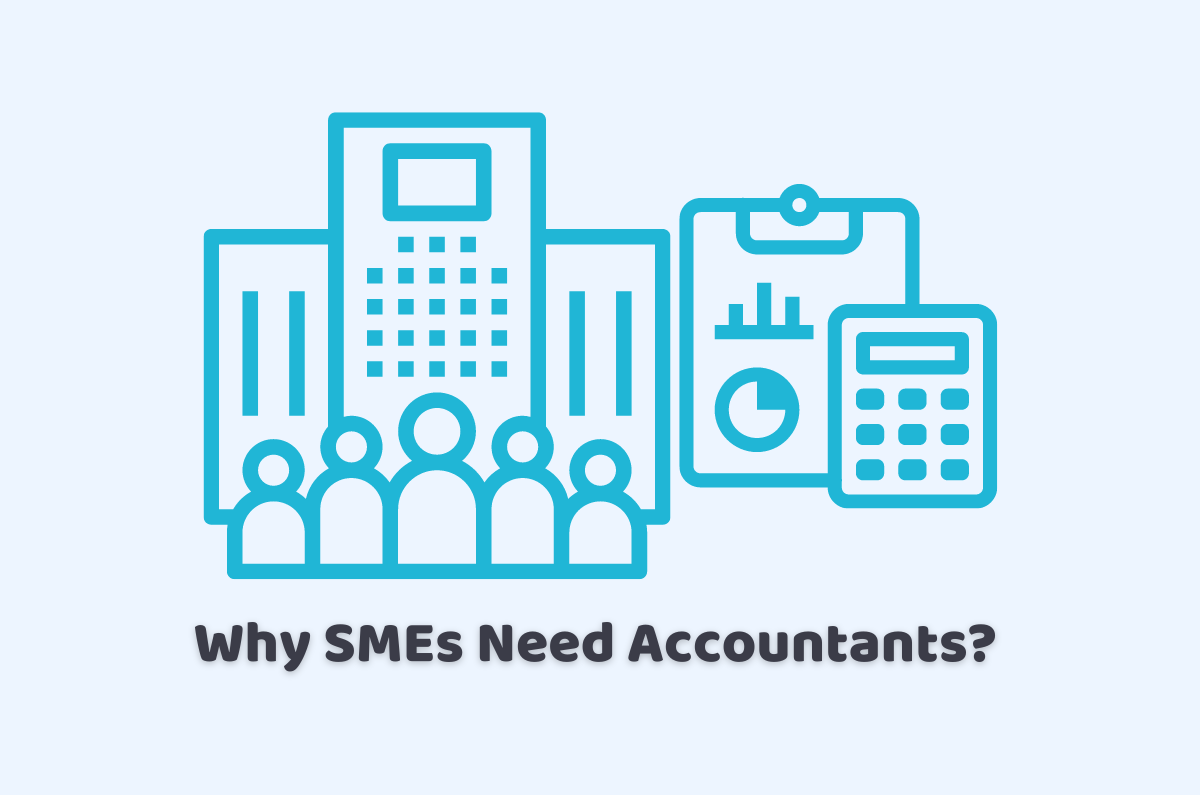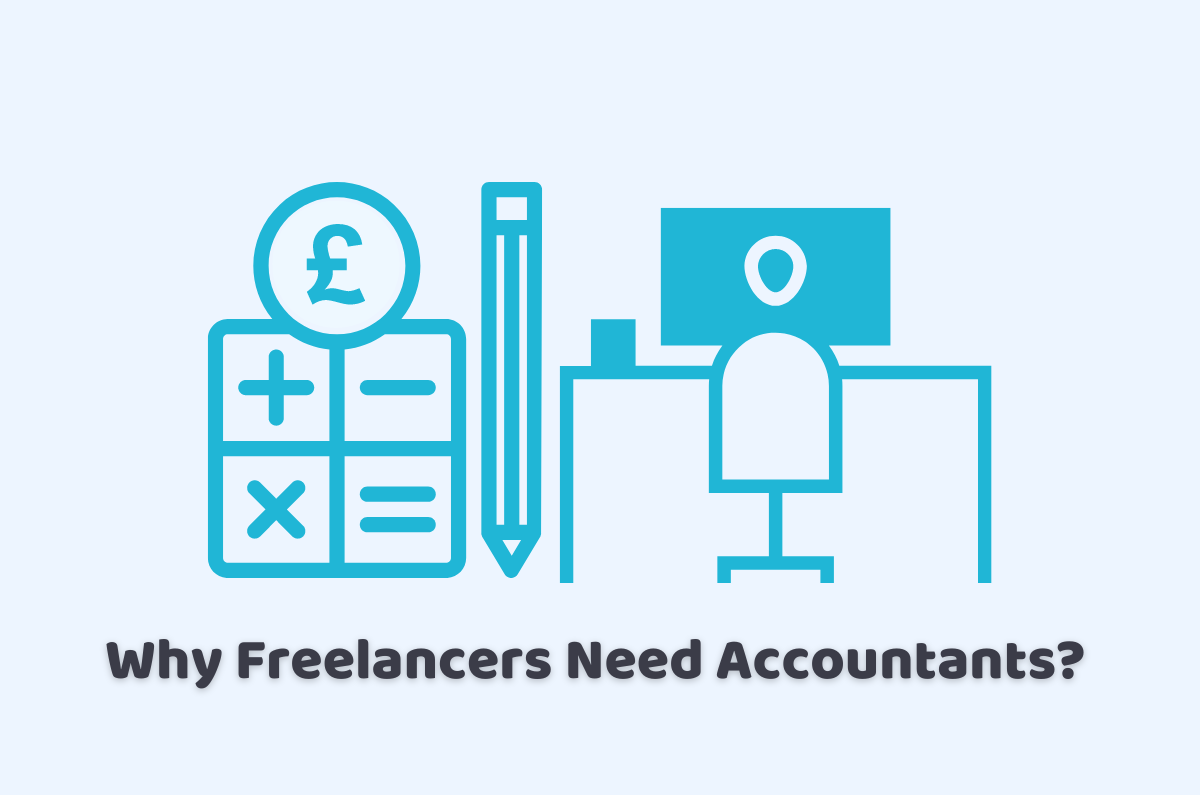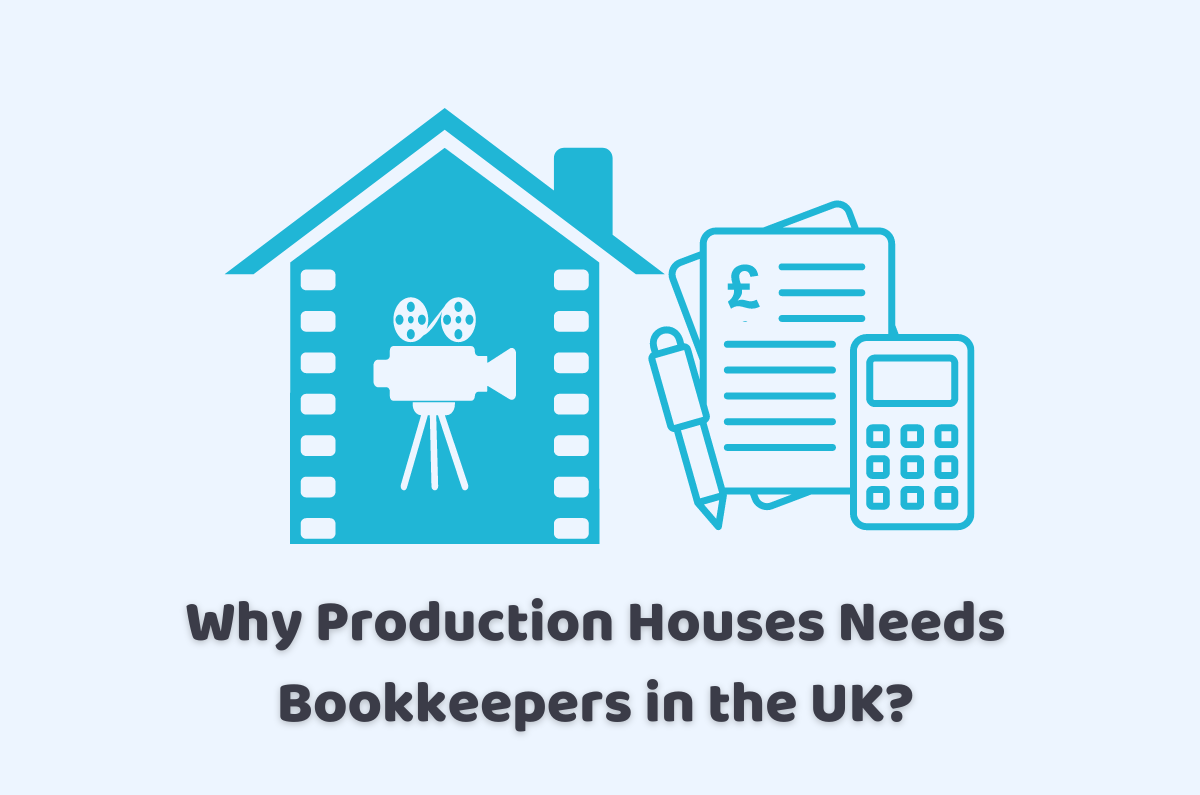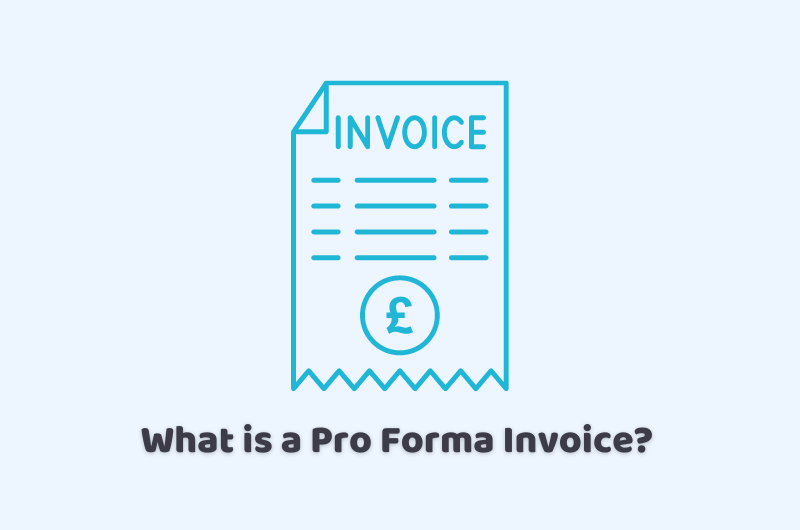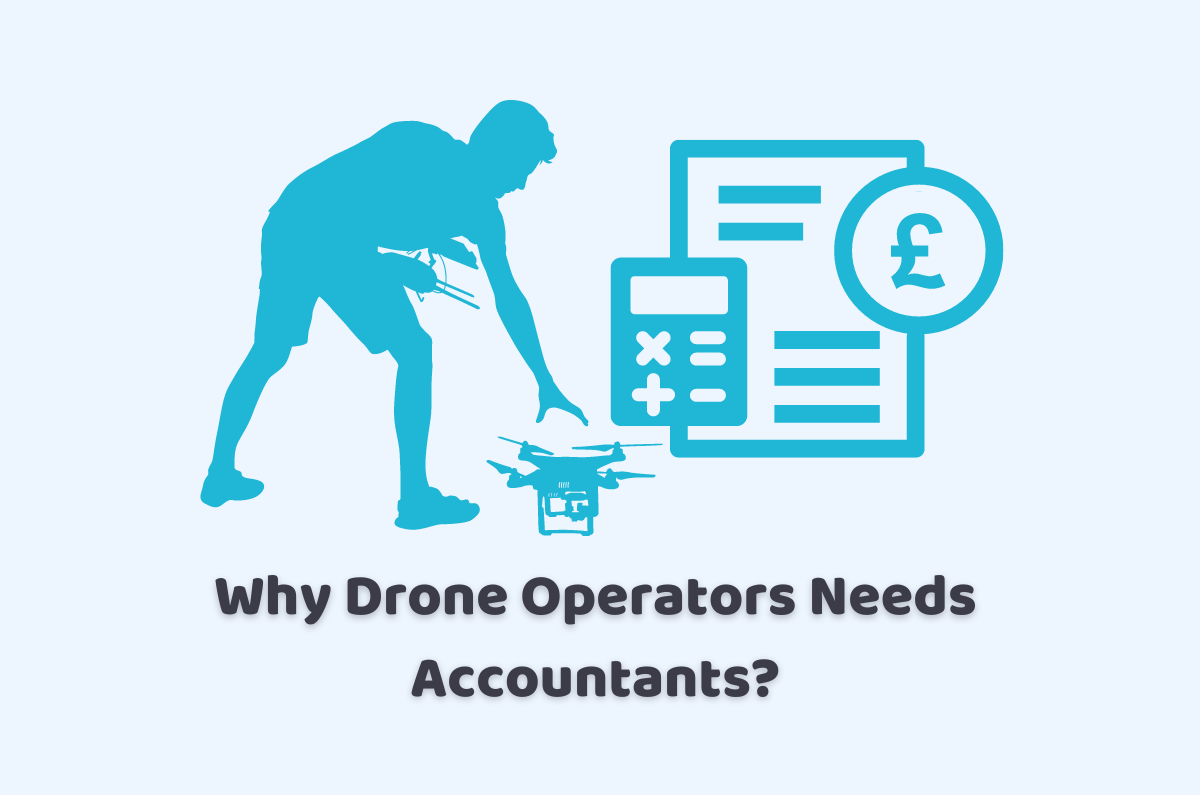15/04/2024Accountants , Accounting , Accounting Issues , accounting software
Why do cleaning businesses need accountants? As the cleaning industry in the UK continues to grow and evolve, it’s becoming increasingly clear that cleaning business owners need more than just a mop and bucket. In today’s complex and competitive market, cleaning businesses must navigate a web of financial regulations, tax laws, and business strategies to …
Read more

